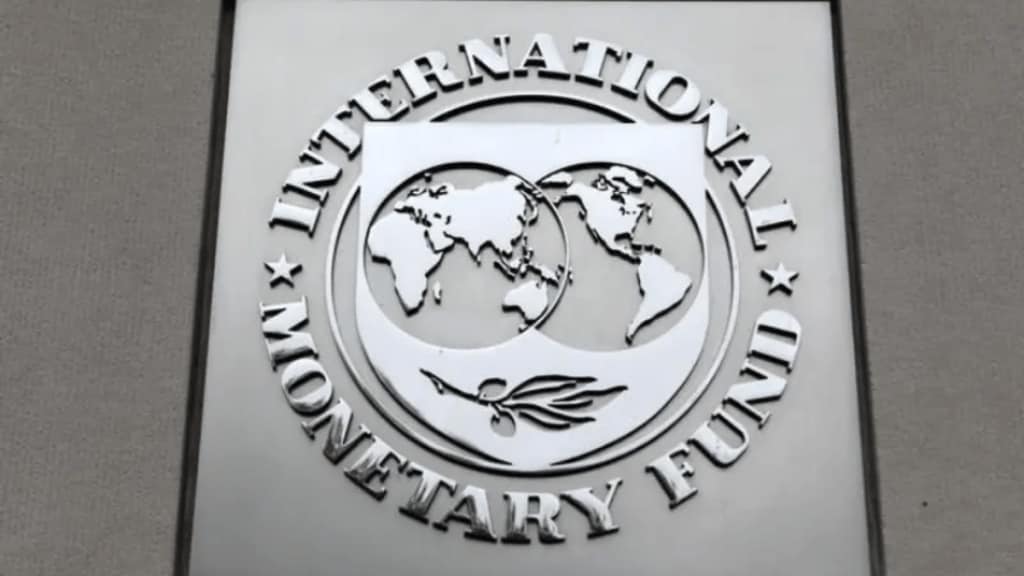In a major setback for Pakistan’s fragile economy, the International Monetary Fund (IMF) mission returned to Washington without signing the long-awaited Staff-Level Agreement (SLA) with Islamabad, CNN-News18 reported, citing top intelligence sources. The development puts Pakistan’s next loan tranche of roughly $1 billion on hold, raising concerns over the country’s fiscal discipline and commitment to structural reforms.
Despite extended negotiations, Islamabad’s requests for “grace time” to meet pending pledges and reforms failed to convince the IMF, which expressed concerns over budget mismanagement, opaque spending, and rising defence expenditures. The delay compounds economic uncertainty and threatens investor confidence at a time when Pakistan’s policy credibility is already fragile.
IMF Flags Defence Spending and Financial Irregularities
Top sources revealed CNN-News18 that the IMF questioned Pakistan’s 20 per cent rise in defence expenditure for the 2025–26 fiscal year, alongside nearly $2–2.5 billion in additional unexplained spending over the past six months. “These financial irregularities have intensified the lender’s mistrust regarding Islamabad’s transparency and fiscal responsibility,” sources said. The IMF also expressed concern over special funds created for security operations, citing opaque spending mechanisms.
Pakistani authorities briefed the IMF delegation on the twin challenges of recent super floods and the May 2025 conflict with India, presenting both as explanations for missed financial targets.
Progress Insufficient, SLA Not Finalised
Top intelligence sources told CNN-News18 that although the IMF acknowledged “significant” progress, it remains unconvinced about Pakistan’s ability to meet critical reform benchmarks. Key issues, including revenue collection and budget rationalisation, remain unresolved, preventing the SLA from being finalised at this stage.
Policy discussions are expected to continue, with the IMF indicating a willingness to address outstanding issues and targets. However, sources emphasised that departing without signing the agreement blocks Pakistan from accessing IMF funds or unlocking parallel financing from other global institutions—essential for stabilising external reserves and currency.
Economic Fallout and Market Concerns
The IMF visiting mission had raised concerns over Islamabad’s inability to meet tax collection targets and overreliance on court-pending cases worth over PKR 170 billion, according to Moneycontrol. The Federal Board of Revenue (FBR) collected PKR 11.74 trillion in FY25 against a target of PKR 12.9 trillion, missing both its revenue goal and the agreed tax-to-GDP ratio of 10.5 percent. “The ratio did improve slightly, up 1.4 percentage points over last year, but still fell short of IMF expectations,” Minister of State for Finance Bilal Kayani admitted, as per The Express Tribune.
Market experts predict immediate repercussions for Pakistan’s financial markets, including rupee depreciation and declining investor confidence. Intelligence sources noted that the SLA delay reflects Islamabad’s weak reform commitment and ongoing policy uncertainty.
Despite these setbacks, Pakistani authorities remain hopeful of securing the $1 billion tranche by leveraging their “good relations” with the Trump administration, though recent mismanagement and financial slippages continue to cast doubt on meeting IMF expectations.


